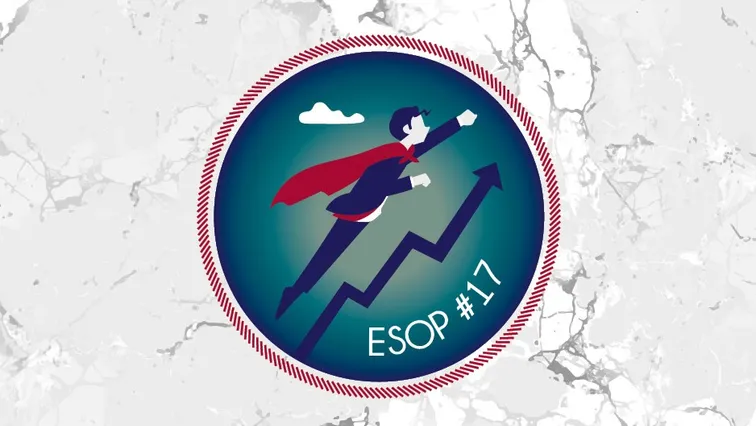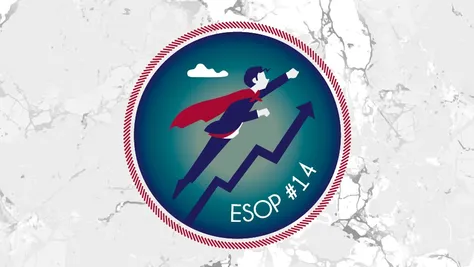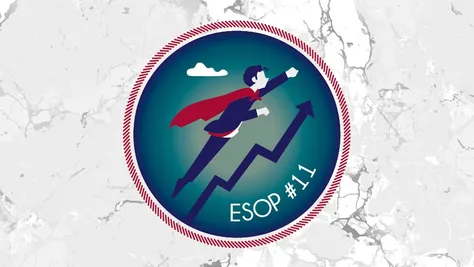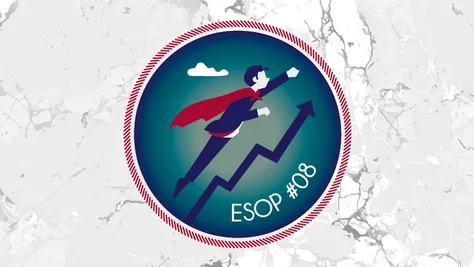Compromise and an ESOP? Does that even make sense? Of course, it does. What sort of compromise? At the initial meeting with my clients/founders, I advise them that in their particular situation, they always need to compromise between two aspects to find the right employee stock ownership plan (ESOP).
The first aspect is the client’s security. When intending to hand over part of their company or profits to their manager, the founder wants to be sure that if anything goes wrong, they will keep their company and retain effective tools to achieve their goals. We can, of course, design the safest solution, binding the manager with a huge number of restrictions or choosing an ESOP in a form that does not give the manager many options.
However, such a stringent approach collides against the second aspect, the manager’s motivation. Failing to trust the manager at least to a reasonable extent or keeping a sufficiently motivating form of ESOP away from the manager, such a plan will be no motivation at all. In such a case, it makes no sense to introduce any ESOP because it will not meet your expectations – i.e. motivating managers.
What should you do? Both a simple and a complex thing. Again, it’s about communication. The founder must first decide alone how far they are willing to go with the ESOP and what they are willing to offer to the manager under what conditions. After that, the founder needs to talk to the manager to see if the option offered might be motivating for the manager. It may be just a short meeting, but I have also seen several months of negotiations that eventually led to an implemented ESOP and a dinner to celebrate it. And yet the ideas of the two parties could not have been more different at the beginning.
If the founder intends to motivate tens or hundreds of managers, it would take too much time to have detailed discussions over protection and motivation. In such a case, however, you can pick a representative sample to reasonably discuss the parameters with. You can of course see troubles, but I would recommend you rather look for solutions, because without open communication, we will not get to a properly designed ESOP.
Sometimes founders argue that if they give something to managers, the managers must be happy without any reasons to reject it as unmotivating. What I’ve learned in my practice – and this applies both to discussions between founders and managers as well as to discussions between shareholders – is that everyone has a different understanding of their own contribution.
It is basically like that with everything. A few years ago, a survey was conducted in Germany regarding household chores. Dozens of couples were separately asked what percentage of all household chores were done by them and by their counterparts, respectively. The evaluation of all the results revealed that the overall extent of household chores was well over 100%. How did something like this happen? It’s simple. Everyone believes their own contribution and their own work were greater because they were present when these activities were done. It’s much easier to remember cleaning out the dishwasher than to notice that your counterpart did something similar when you weren’t there. And this principle may also be applied, to some extent, to the discussion over who claims credit for the company’s development. That’s why it’s so important to discuss this with your managers and avoid potentially very uncomfortable situations.
I believe that I have at least partially convinced those of you who have read up to here that it does make sense to search for compromise and especially talk to the manager.
Otherwise, you may end up designing an expensive ESOP that will not only fail to motivate managers, but even demotivate them.
And this is something nobody wants. Well, let me keep my fingers crossed for you. And in case you need assistance, let us know!







